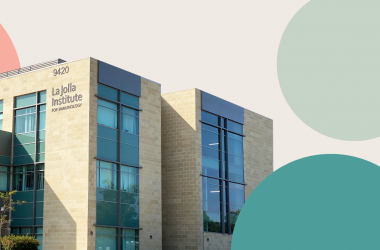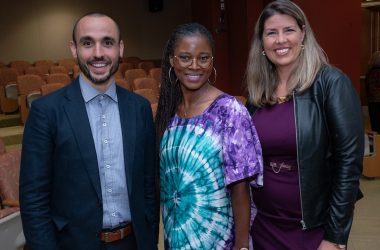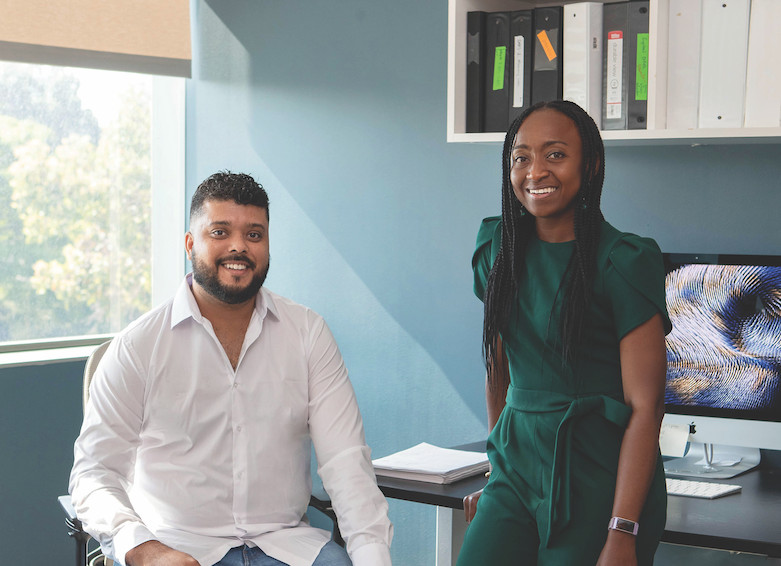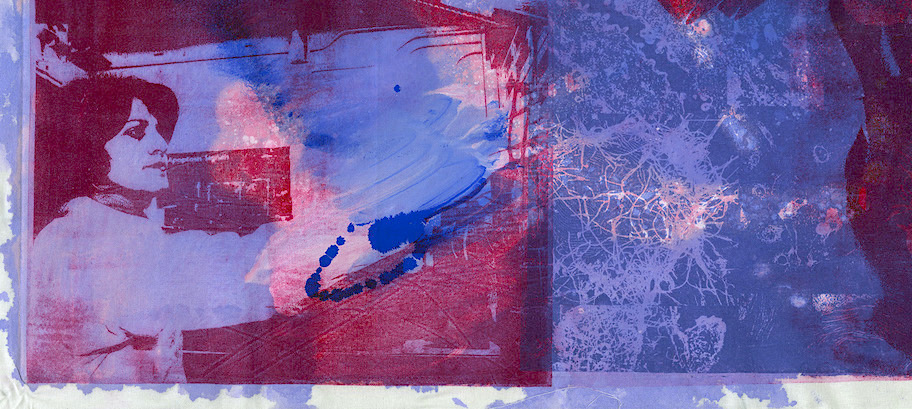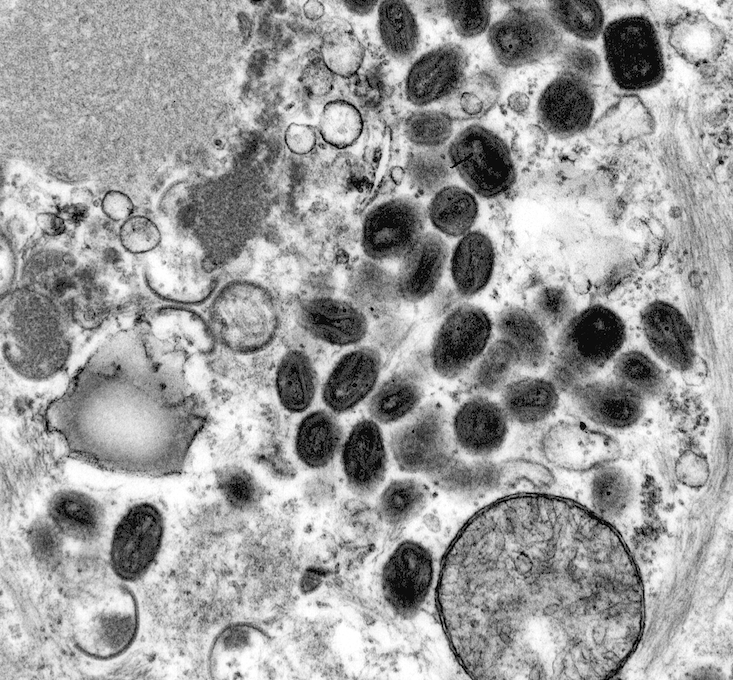“Barbara and I are not going to be here forever, so I wanted to get our kids involved”
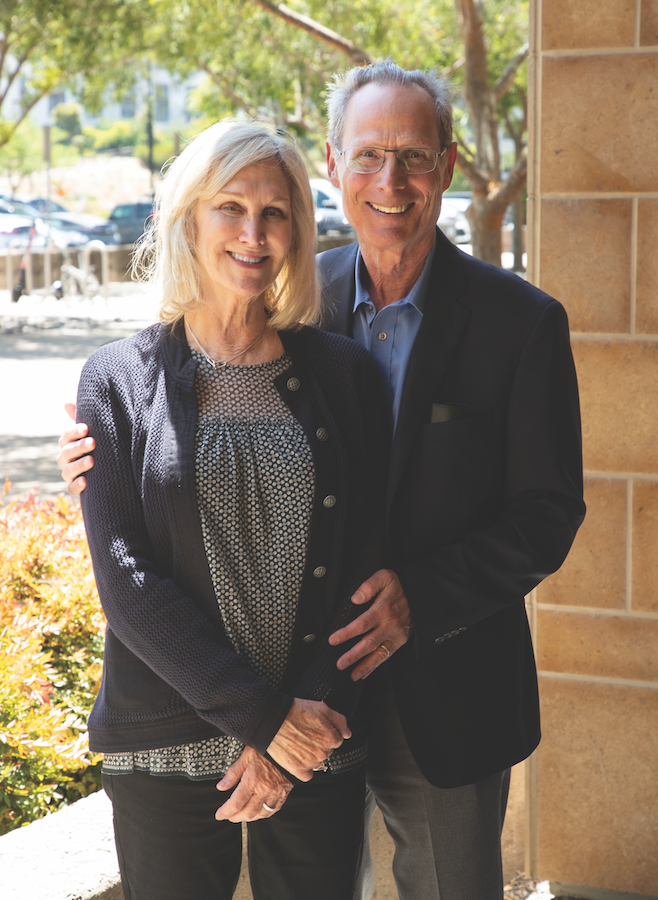
Like many of us in August 2020, Ken and Barbara Magid were seeking trustworthy sources of information about the novel coronavirus. When could they stop wiping down their groceries? When would there be a vaccine?
“We were trying to sort through so much information. What was real and not real?” says Barbara.
Around then, they read an article about Erica Ollmann Saphire, Ph.D., MBA, Professor at La Jolla Institute for Immunology (LJI), and leader of the Coronavirus Immunotherapy Consortium (CoVIC). They were intrigued by how LJI scientists combined structural biology and bioinformatics to uncover how the human immune system targets deadly viruses.
Ken embarked on an educational journey, learning more about immunology than he ever imagined. He attended LJI’s Live from the Lab webinars, read research papers, and listened to scientific seminars. He began to feel better having found sources of credible information and hope. Someone was doing something.
The Magids also explored other areas of immunology. After reading the book “T,” which examines the effect of testosterone in the development of physical and behavioral differences between the sexes, as well as recent news coverage of Alzheimer’s disease research, they met with LJI Associate Professor Sonia Sharma, Ph.D. They learned about her research looking at sex-based differences in disease and inflammation, specifically related to Alzheimer’s disease.
A few years ago, Ken created a private family foundation as a way for their family to make decisions together about their charitable giving. “Barbara and I are not going to be here forever, so I wanted to get our kids involved—to get them to start thinking about things outside of their own lives, and about where they’d like to make contributions,” he says.
Ken and Barbara conferred with their family, and decided to make a donation to the Sharma Lab. They also decided to support a new summer internship program at LJI. The Magids believe it’s important for everyone to think about what causes are meaningful to them and to pass the important concept of philanthropy on to the next generation.
“Really, anybody can do this,” says Ken. “We aren’t the Rockefeller Foundation, but we give enough so that it means something to us, and it means something to those receiving the donation.”


